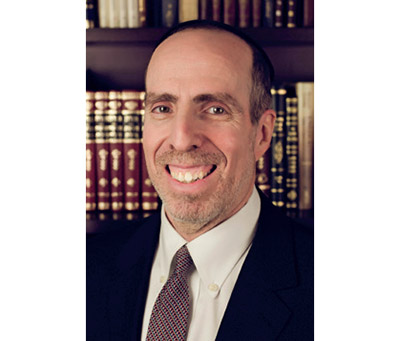
Part II
Mazal tov! David Feder, a beloved friend of Congregation Shaarei Orah, the Sephardic Congregation of Teaneck, had a boy! Since David, who observes Sephardic practice, now lives in a community that is not yet blessed with a Sephardic congregation, he asked me for guidance regarding the brachot to be recited at his son’s brit in accordance with Sephardic practice.
Last week we explained why I advised David to recite the bracha of l’hachniso b’vrito shel Avraham Avinu before the mohel begins the brit. This week we set forth what I advised David in regard to reciting Shehecheyanu at his son’s brit.
Shehecheyanu
There is no consensus regarding the recitation of Shehecheyanu at a brit. The Shulchan Aruch (Y.D. 265:7) notes that the practice in Eretz Yisrael is to recite the bracha of Shehecheyanu at a brit. This custom persists today. This practice has taken very strong root in Eretz Yisrael, as the Vilna Gaon (Biur Hagra 265:36) strongly endorses reciting the Shehecheyanu at a brit. Many of the Vilna Gaon’s opinions have emerged as the accepted practice in Israel that Ashkenazic Jews share with Sephardic Jews (such as omitting the Baruch Hashem Leolam blessing at the Maariv service, reciting Hallel the first evening of Pesach and refraining from donning tefillin on Chol Hamoed).
A number of the Vilna Gaon’s students were among the first Ashkenazic Jews to move to Eretz Yisrael in the mid-18th century. Thus, the ruling of the Gaon to recite Shehecheyanu at a brit became the accepted practice in Israel even among Ashkenazim. Sephardic Jews recite the Shehecheyanu bracha at a brit even outside of Israel (Yalkut Yosef, Kitzur Shulchan Aruch p.896) but Ashkenazic Jews outside of Israel do not recite the Shehecheyanu at a brit, following the ruling of the Shach (265:17).
The Vilna Gaon reviews the various arguments against reciting Shehecheyanu at a brit and he refutes each argument. He quotes the argument that since a brit is not an event that occurs at regular intervals (such as the yamim tovim), the Shehecheyanu should not be recited. The Vilna Gaon responds by pointing out the fact that we recite a Shehecheyanu at a pidyon haben even though it does not occur at regular intervals.
Another argument is that we are concerned perhaps the child is a neifel (defective and unable to survive even 30 days of life) and it is inappropriate to recite a Shehecheyanu on such a baby. The Vilna Gaon responds that the fact that we perform a brit mila on Shabbat demonstrates that we are not concerned with the remote possibility that the child is so sickly that it cannot survive 30 days (see Shabbat 135b-136a).
The last argument that the Vilna Gaon cites is that since the baby is experiencing pain it is inappropriate to recite a Shehecheyanu. He responds by citing the Gemara’s ruling (Brachot 59b) that if one, heaven forfend, hears the news of his father’s death he should recite both a Baruch Dayan HaEmet (Hashem Is a Truthful Judge) and Shehecheyanu, if his father left him an inheritance. This Gemara teaches that it is appropriate to recite a Shehecheyanu on a very sad occasion if it is tinged with an aspect of happiness. Certainly one should recite Shehecheyanu upon a very happy occasion even if it is tinged with a sad aspect.
Conclusion
Anyone who has experienced a brit at a Sephardic congregation knows it is an exceedingly joyful experience enhanced by the singing of piyutim celebrating, among other things, the presence of Eliyahu HaNavi at the brit. The bracha of Shehecheyanu is thus most appropriate at a Sephardic brit even it is held outside the Land of Israel. Thus I advised David to recite Shehecheyanu at the incredibly joyous occasion of the birth of his son.
By Rabbi Haim Jachter
Rabbi Haim Jachter is the spiritual leader of Congregation Shaarei Orah, the Sephardic Congregation of Teaneck. He also serves as a rebbe at Torah Academy of Bergen County and a dayan on the Beth Din of Elizabeth.










